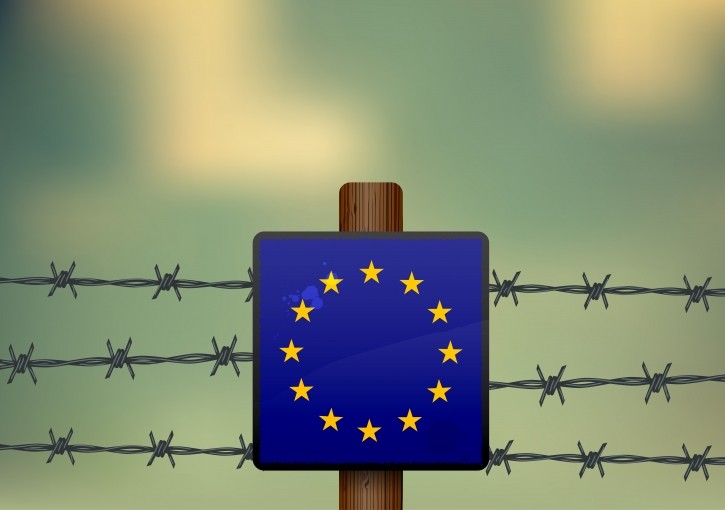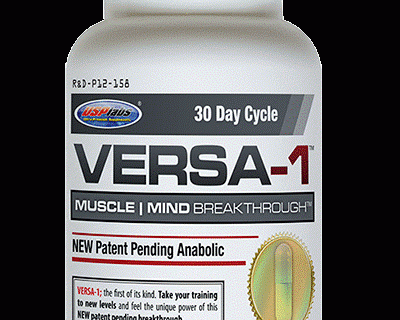Is aegeline still at large in the EU?

According to the EU’s Rapid Alert System for Food and Feed (RASFF), last month alone there were two batches of supplements blocked due to the banned ingredient linked to cases of liver damage in the US in 2013.
The first batch from the US moved via the UK to Lithuania where it was picked up by authorities after a consumer complaint.
The second, also from the US, was picked up by the Polish authorities after an official control.
Back in March we reported a similar case of aegeline present in ‘super thermo’ powdered supplements again from the US bound for the Netherlands and Germany.
At the time USP Labs’ lawyer Peter Barton Hutt of law firm Covington & Burling told us he was in contact with the German authorities to determine whether the products in question were OxyElite, which sparked the controversy in 2013 when it was linked to cases of liver damage and subsequently banned by the US Food and Drug Administration (FDA).
The UK warned against the unauthorised novel ingredient in another USP Lab product VERSA-1.
Barton Hutt said despite a recall campaign of OxyElite in 2013, there may still be leftover stock being unofficially circulated. He also said the company had had issues with counterfeiting in the past.
He did not respond to our request for comment about these latest cases in time for the publication of this article.
Food law expert and managing director of Hylobates Consulting Dr Luca Bucchini said the fact that these products come from the US demonstrated this was an issue of controls on imports, not EU producers.
He added the Polish authorities blocked the product before it reached the market, showing the issue of aegeline was being addressed.
However he said there was also increasing pressure generally from EU-based stakeholders to improve controls at customs, particularly in countries through which most imported supplements move to the wider EU market like the Netherlands.
The Netherlands accounts for about 3.1% of total global imports, making the country the eight-largest importer of goods in the world.
“Such countries are often home to the largest distributors and could also monitor them more closely,” Bucchini said.
The issue of import controls for food supplements - particularly given the increase in e-commerce - was raised in a report from the European Commission's Food and Veterinary Office (FVO).
In the report audits by the Czech Republic and Sweden were given as examples of best practice.
Bucchini said quicker identification of a substance as a novel food and circulation of warnings to the public by the European Commission would also help prevent this kind of hangover of availability of banned substances.


!['To the best of their knowledge [the products blocked by Germany] should not be their products,' USP Labs' lawyer says](/var/wrbm_gb_food_pharma/storage/images/_aliases/wrbm_medium/publications/food-beverage-nutrition/nutraingredients.com/article/2015/03/02/germany-stops-product-with-debated-aegeline-ingredient/784335-2-eng-GB/Germany-stops-product-with-debated-aegeline-ingredient.jpg)












